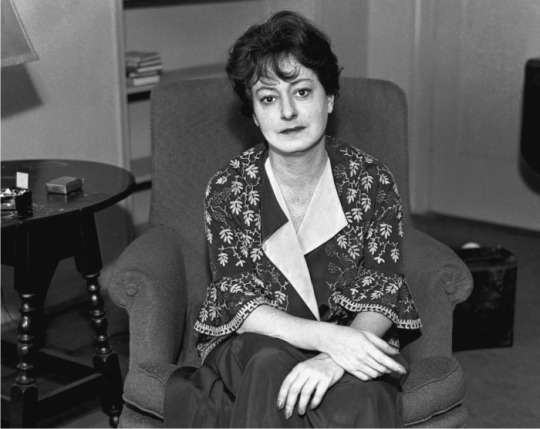
Since March is Women’s Month, and March 8th specifically is International Day of the Woman, instead of just focusing on one badass woman for the month, every week I am going to write about one female author that I’m excited to read about during the upcoming year. They will be women that I don’t know much about, and have never read yet.
The first one that I will write about today is Dorothy Parker. She wrote poetry, short stories, book reviews, and later screen plays, and was known for her witty commentary and sometimes controversial remarks, some of which would get her fired from Vanity Fair and blacklisted in Hollywood during the 1950s Communist scare. She was on the board of editors of The New Yorker (along with Robert Benchley) and published hundreds of poems and free verses in various literary magazines.
Twice married and once divorced, Parker’s poetry was known for dealing with polemical topics such as her love affairs and suicide. Parker and her second husband had a Frida and Diego-like relationship, divorcing only to remarry and then having a series of separations and reconciliations. Parker was open about her affairs, and when one of them ended in pregnancy and she had an abortion, she was open about that, too.
Parker was also notoriously outspoken on behalf of civil rights and civil liberties, which is what got her added to the Hollywood blacklist in the 1950s. She was involved with the Loyalist cause in the Spanish Civil War, helping refugees resettle in Mexico and raising money for various organizations associated with the Civil War.
She led a fiercely independent life, and has a tome of work to show for it. “The Portable Dorothy Parker”, one of only three Portable series that has been continuously in print (along with the Bible and Shakespeare) is currently awaiting me. I hope that reading this has inspired you to read something not just by Parker, but by women in general. It’s our duty now to give women writers, actors, activists, politicians, etc. etc. the recognition they deserve and were not given when they were alive. Strong women: may we be them, may we know them, may we raise them.